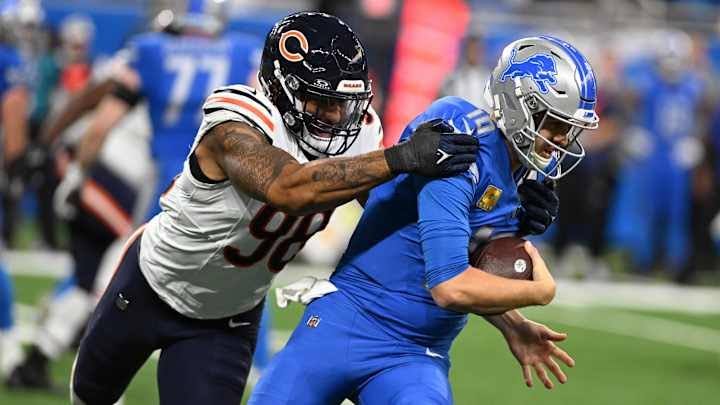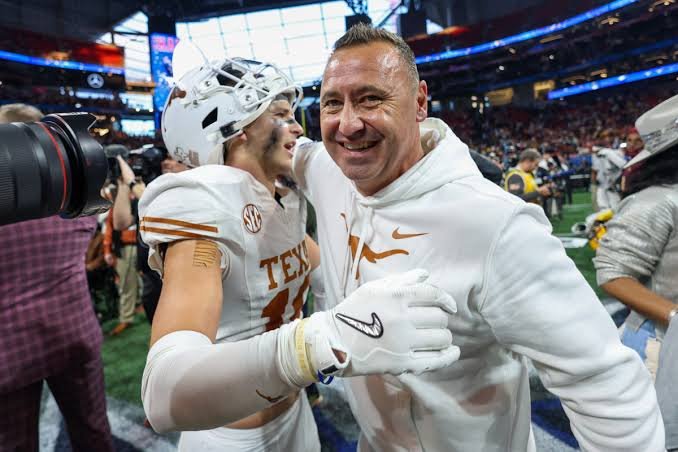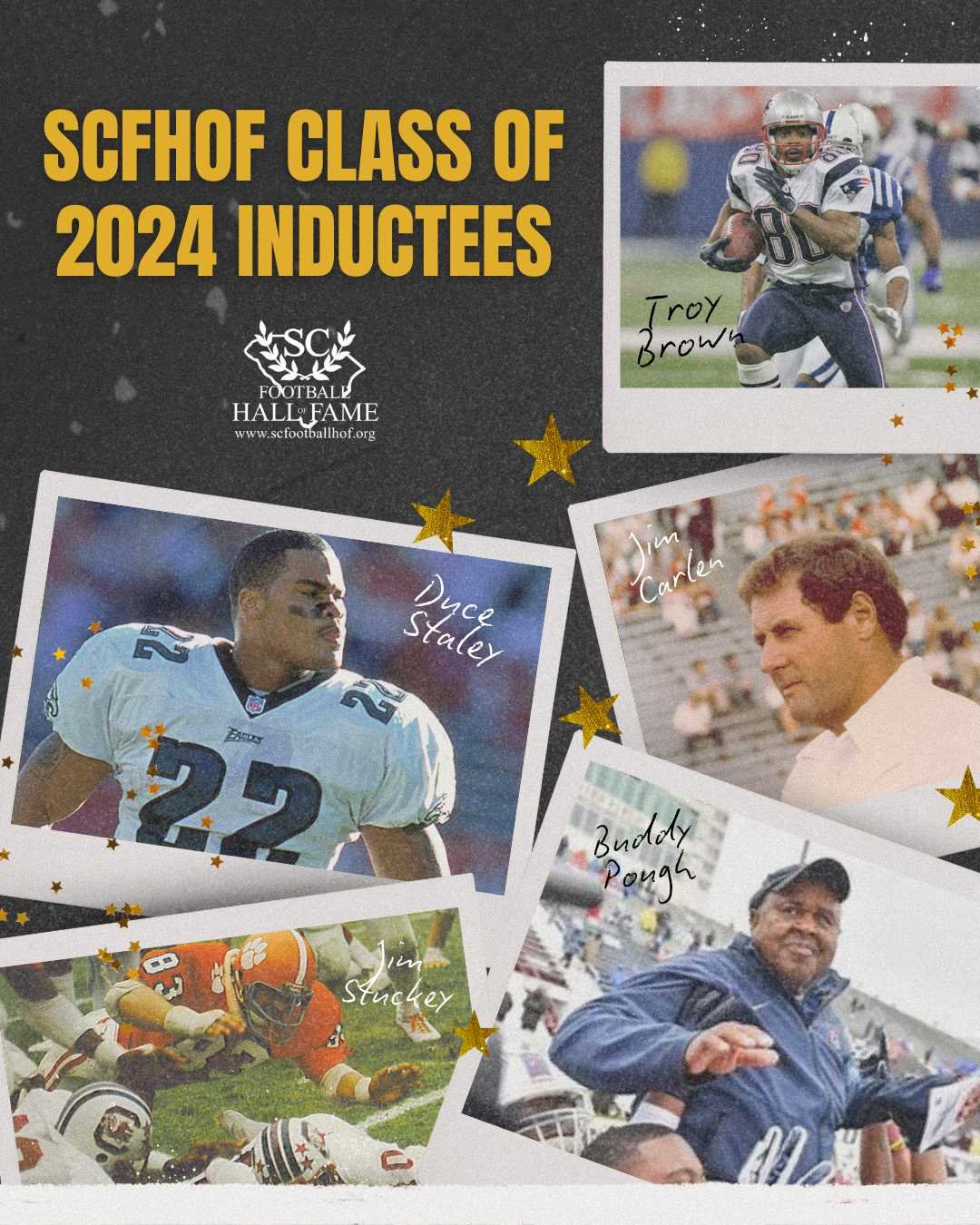23XI Racing and Front Row Motorsports Double Down in Heated Legal Battle Against NASCAR
The escalating legal dispute between 23XI Racing, Front Row Motorsports, and NASCAR is far from cooling off. After NASCAR filed a motion to dismiss the anti-trust lawsuit from the two racing teams, the plaintiffs have fired back with a scathing response, doubling down on their claims of monopolistic practices. Represented by renowned anti-trust attorney Jeffrey Kessler, the two teams appear ready to fight the case to the end, regardless of the potential consequences.
With tensions running high, all eyes are on the court’s next move: will the case be dismissed, or will a discovery phase begin, leading to a full investigation into NASCAR’s business practices and financial records?
Plaintiffs Hit Back After NASCAR’s Dismissal Request
Earlier this month, NASCAR sought to have the lawsuit dismissed, calling it a reaction to “dissatisfaction with business negotiations that didn’t go their way.” The dispute stems from NASCAR’s proposed 2025 charter agreement, which most teams accepted but was rejected by 23XI Racing and Front Row Motorsports.
The plaintiffs’ response to NASCAR’s motion was cutting, stating:
“Defendants’ (NASCAR) motion to dismiss is a fantasy. It is based on their contested version of the facts, instead of the Complaint’s allegations. It is also based on a mischaracterization of Plaintiffs’ legal claims… It is draped in rhetoric about this being a contractual dispute when Defendants know that the Complaint is alleging facts plausibly showing Defendants’ unlawful maintenance of monopoly.”
The racing teams argue that the lawsuit is about more than renegotiating terms; it addresses what they allege are deeply ingrained monopolistic practices that stifle competition and harm team profitability.
NASCAR Fires Back: “No Merit in Monopoly Claims”
NASCAR, on the other hand, has accused the plaintiffs of using the lawsuit as leverage, saying it is “an excuse to renegotiate contractual terms rather than address genuine anticompetitive behavior.” The sanctioning body has also defended its business model, pointing to the increasing value of charters as proof that their practices are not harming teams.
However, 23XI Racing and Front Row Motorsports disagree, citing the terms offered in the 2025 charter agreement as “below market value.” They’ve even filed a revised preliminary injunction to retain their charters for 2025 while the case is underway, signaling their determination to continue the fight.
What Are 23XI and Front Row Fighting For?
The plaintiffs allege that NASCAR wields total control over the market, owning most Cup Series tracks, dictating the purchase of parts for Next-Gen cars, and imposing exclusivity agreements on independent tracks to block competitors.
Jeffrey Kessler, speaking on behalf of the teams, stated:
“The below competitive market terms of the 2025 Charter Agreements… have deprived racing teams of a fair chance to earn a profit. But with no viable choice, most teams acquiesced to Defendants’ take-it-or-leave-it demand (‘under duress’).”
Kessler added that NASCAR’s dominance leaves teams like 23XI Racing and Front Row Motorsports without alternatives, further solidifying what they claim is a monopoly.
Financial Fallout Looms for 23XI and Front Row
While NASCAR argues the teams could still compete as “open” entries, Kessler warned that such terms would cause severe financial harm. He explained:
“The even more onerous, below competitive market terms imposed on open teams will cause additional antitrust injury to Plaintiffs.”
With Michael Jordan and Denny Hamlin at the helm of 23XI Racing, the relatively young team could face significant financial strain. However, Hamlin has assured that the team’s employees will not bear the brunt of the fallout.
“As 23XI, we’re prepared for any outcome… We will not let this affect our employees whatsoever in any kind of way, and any financial distress is going to have to fall directly on the owners.”
The Stakes for NASCAR’s Future
If the court sides with the plaintiffs, the consequences for NASCAR could be monumental. A discovery phase and subsequent investigation into the sport’s financial and operational practices could redefine its business model.
For now, the legal battle rages on, with both sides unwilling to budge. Whether the court accepts the revised injunction or dismisses the case entirely, the verdict could shape the future of the sport.



